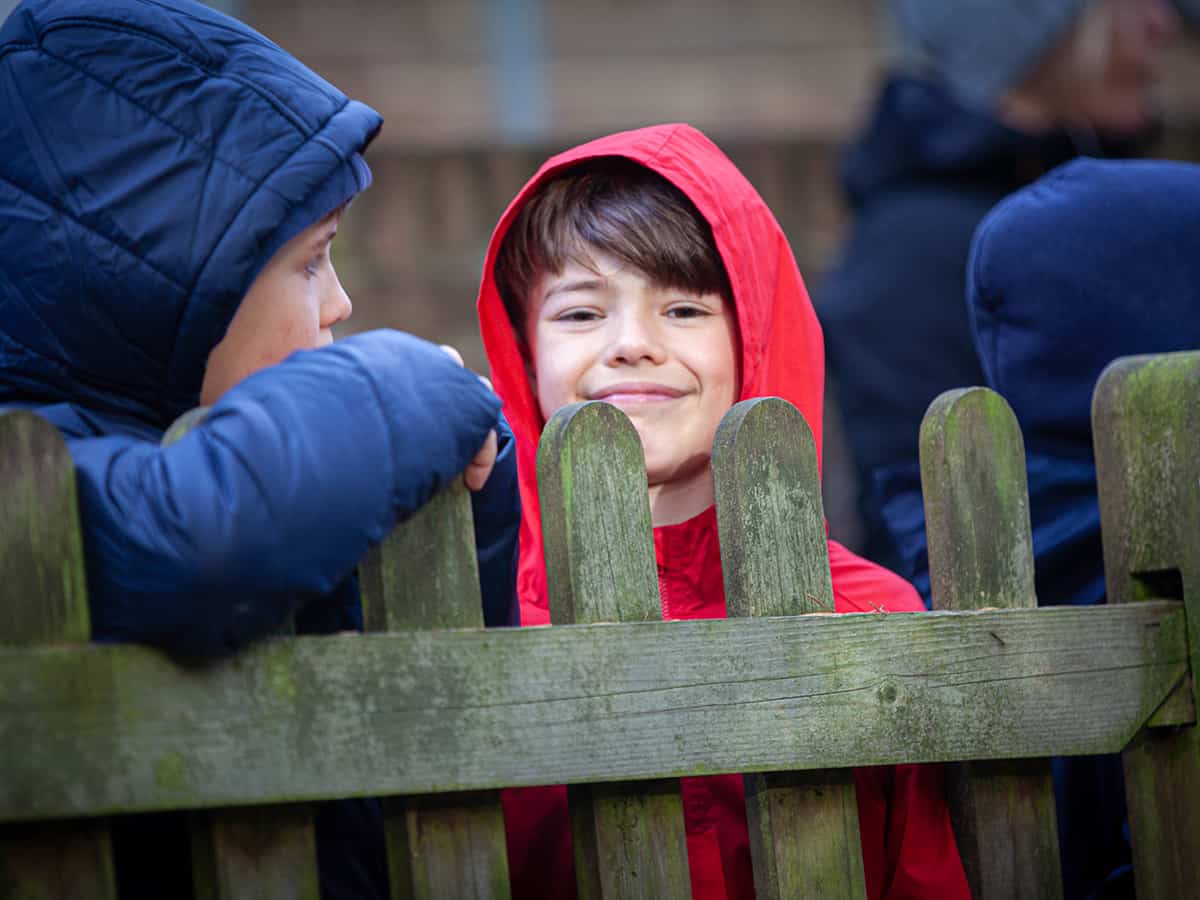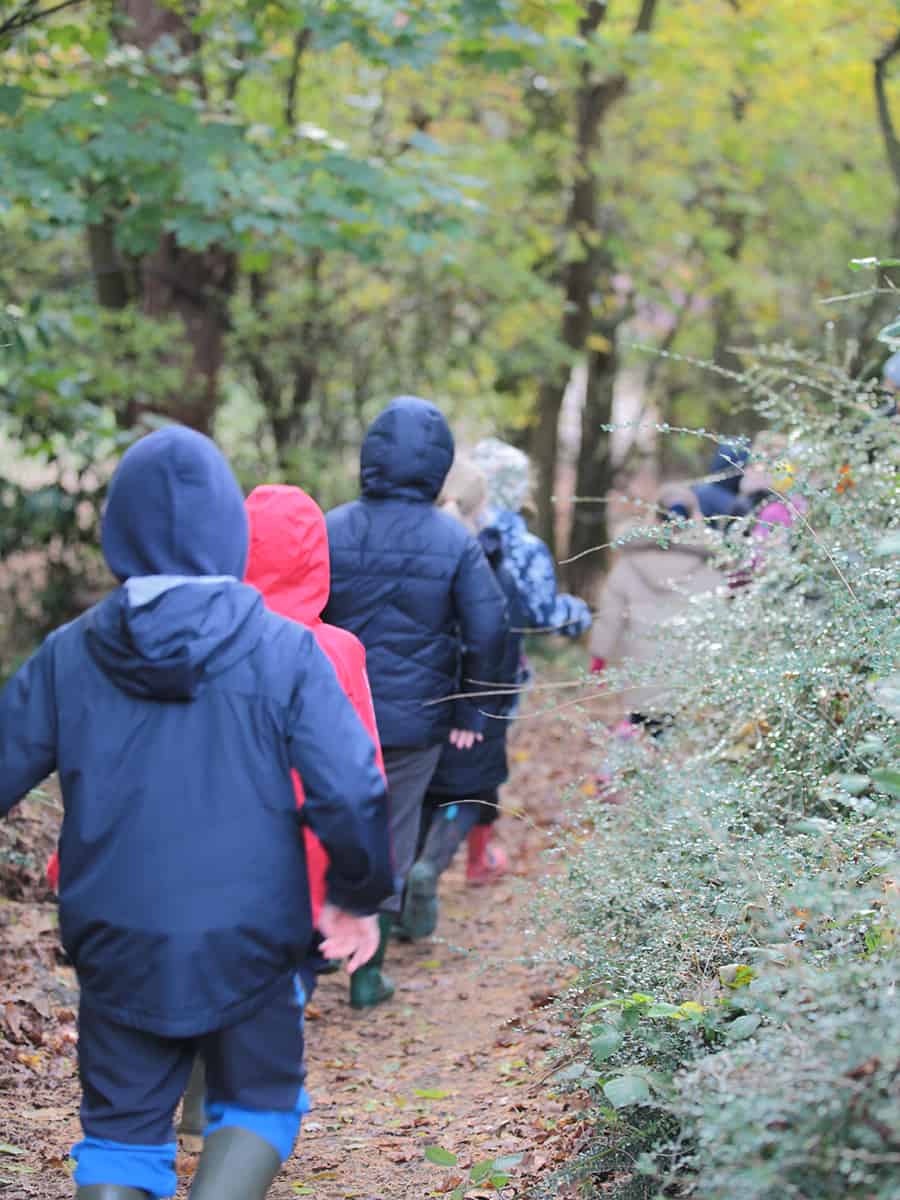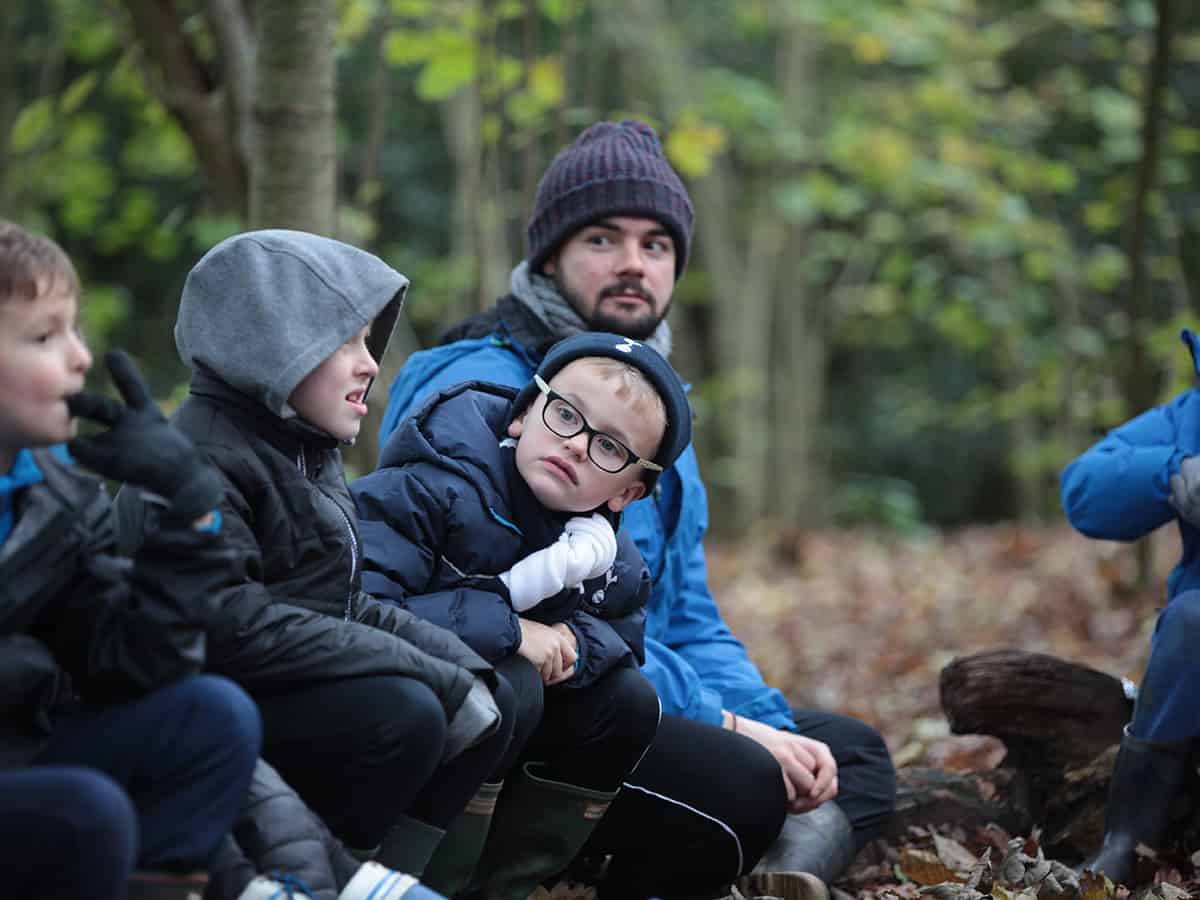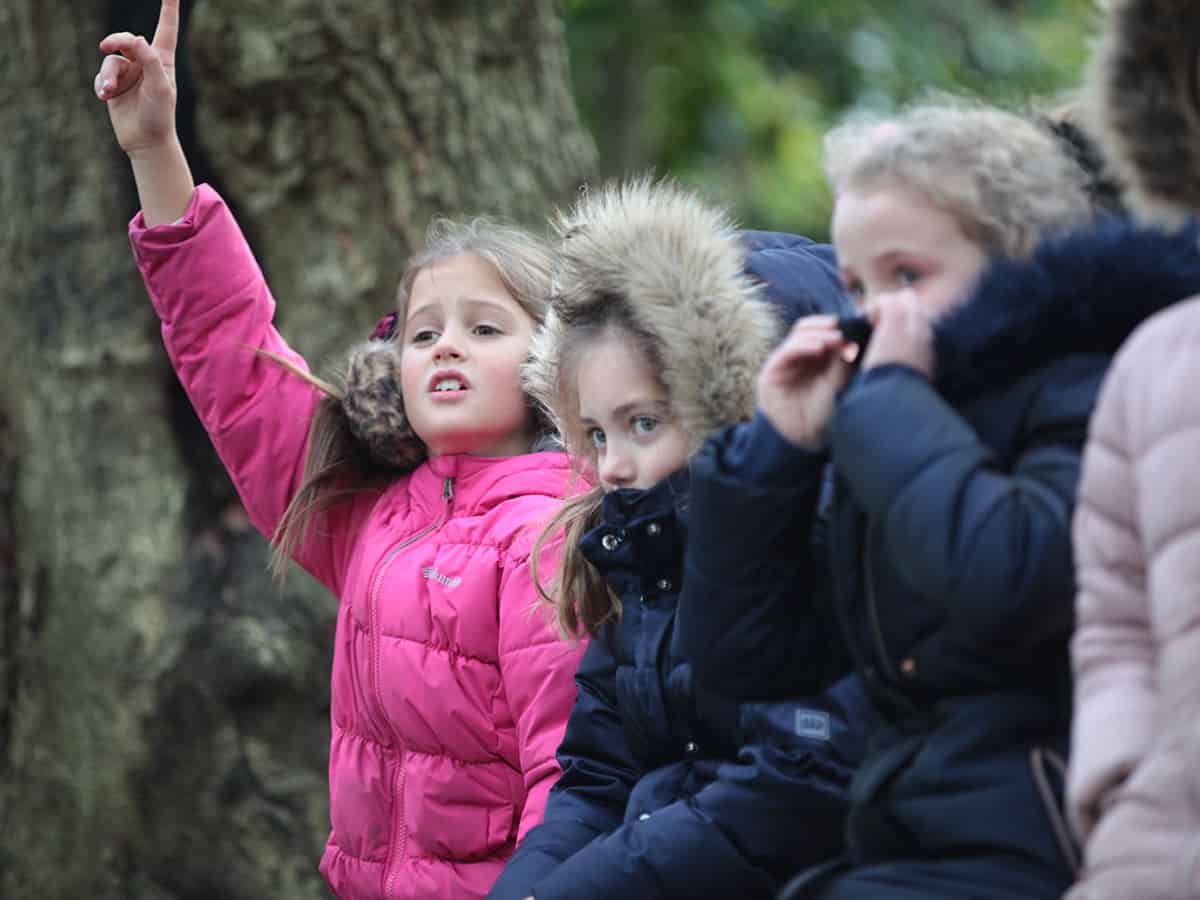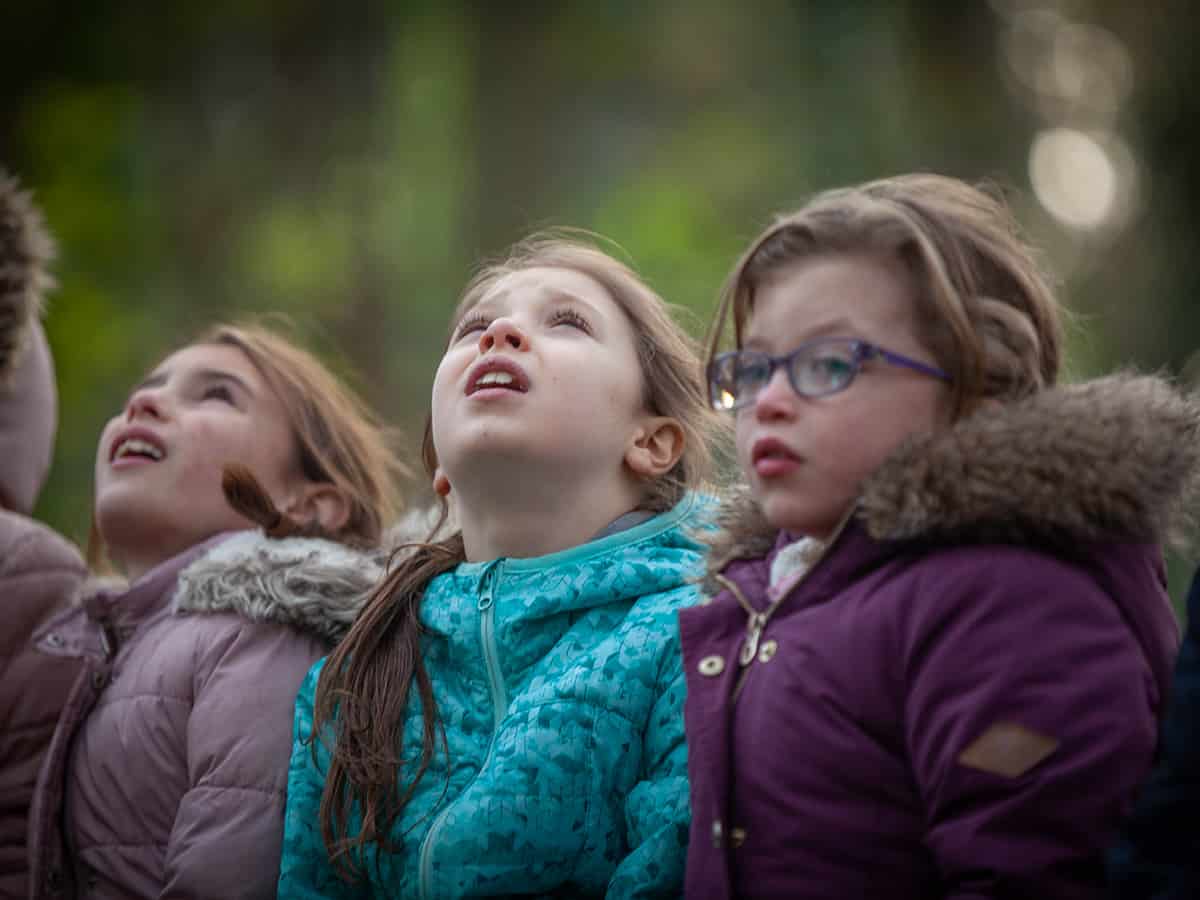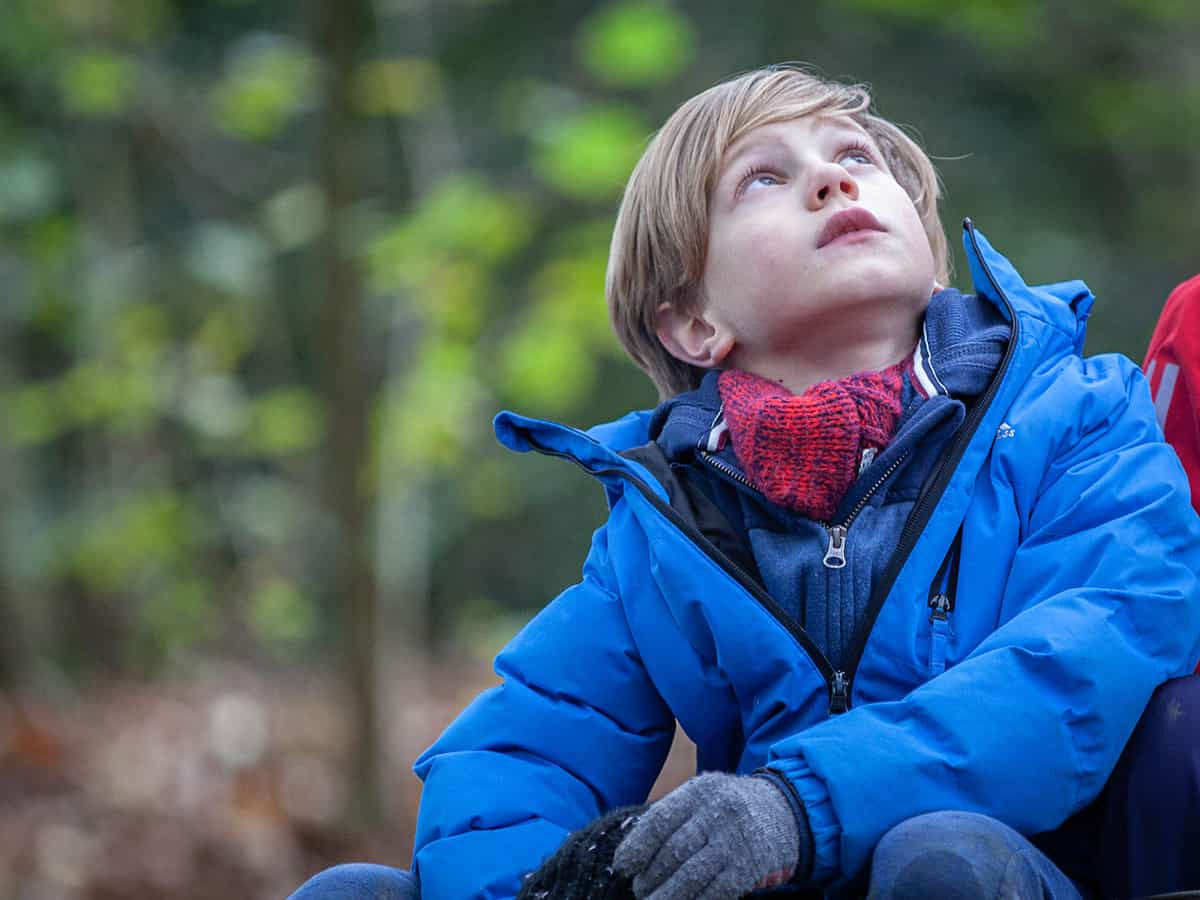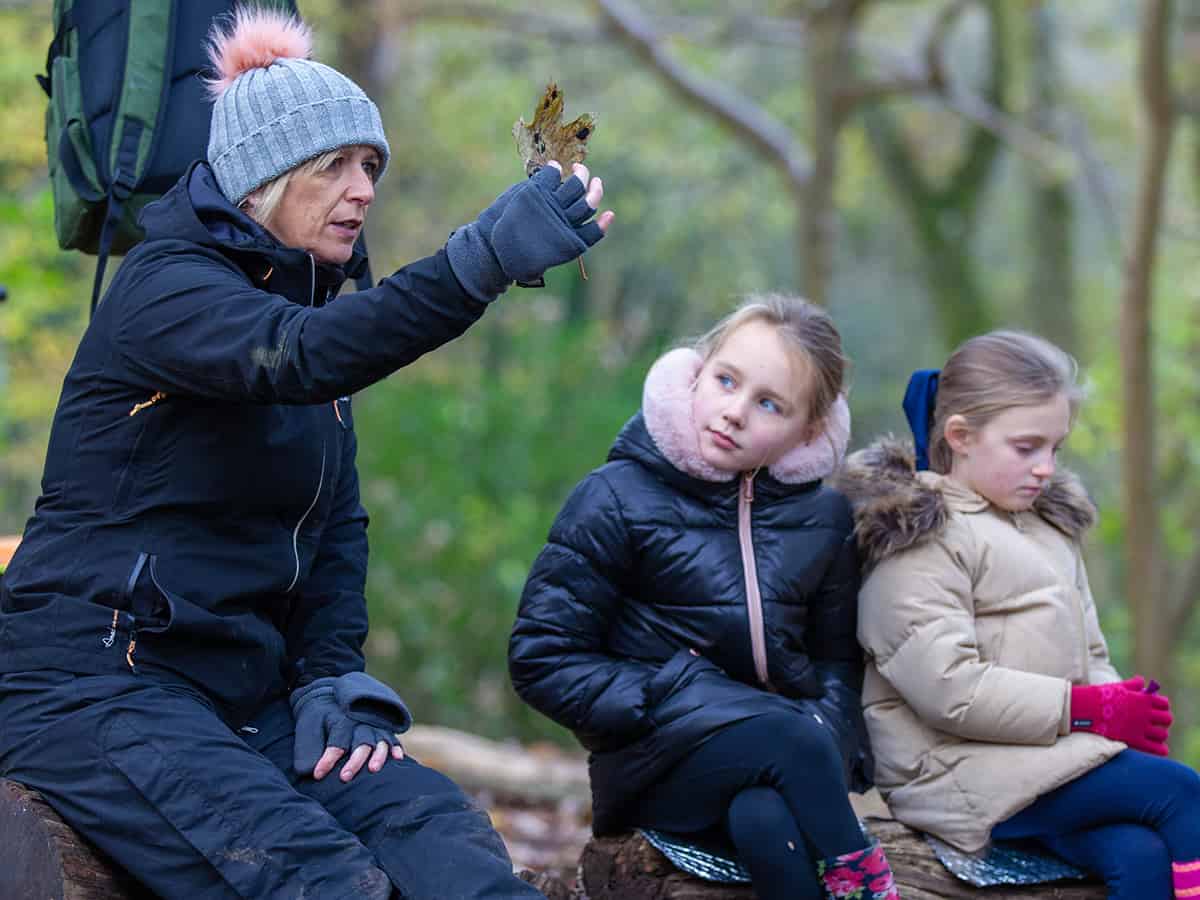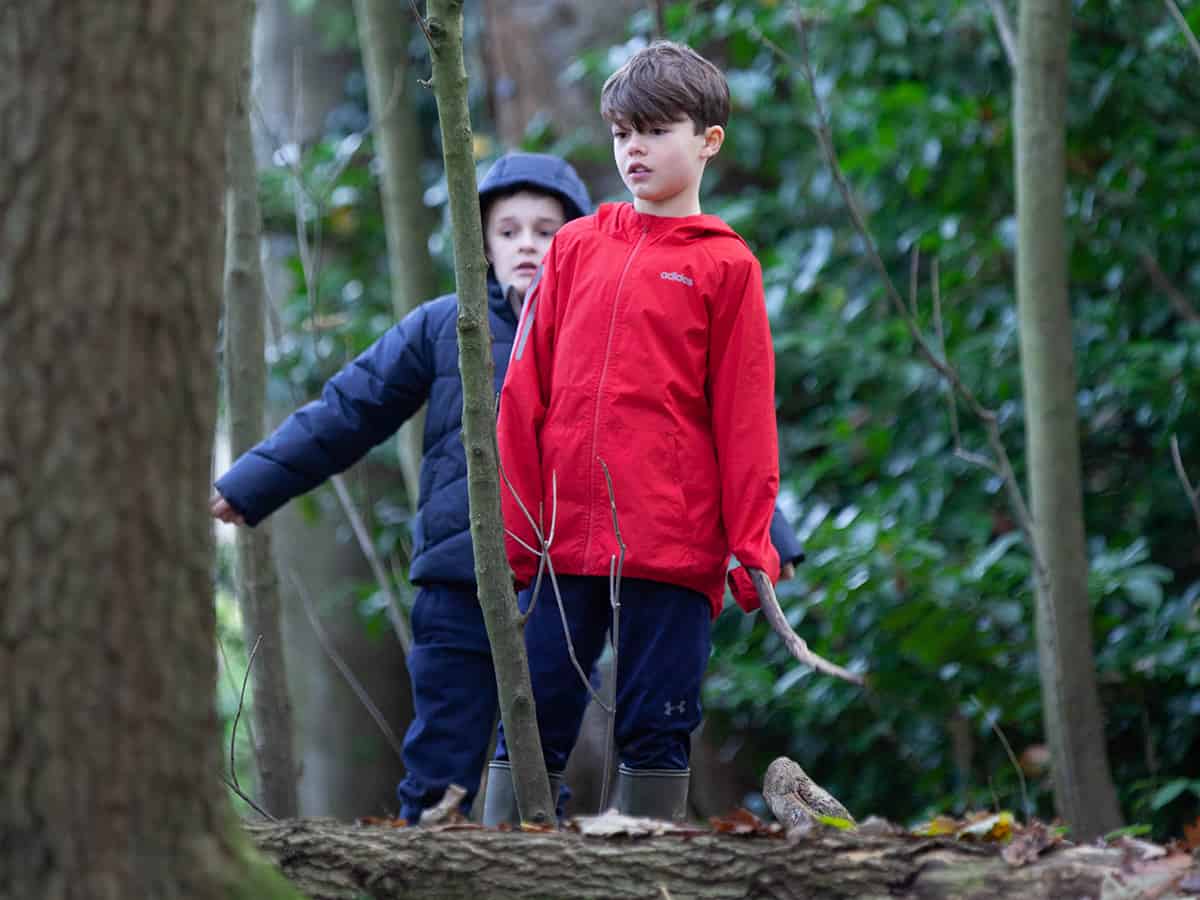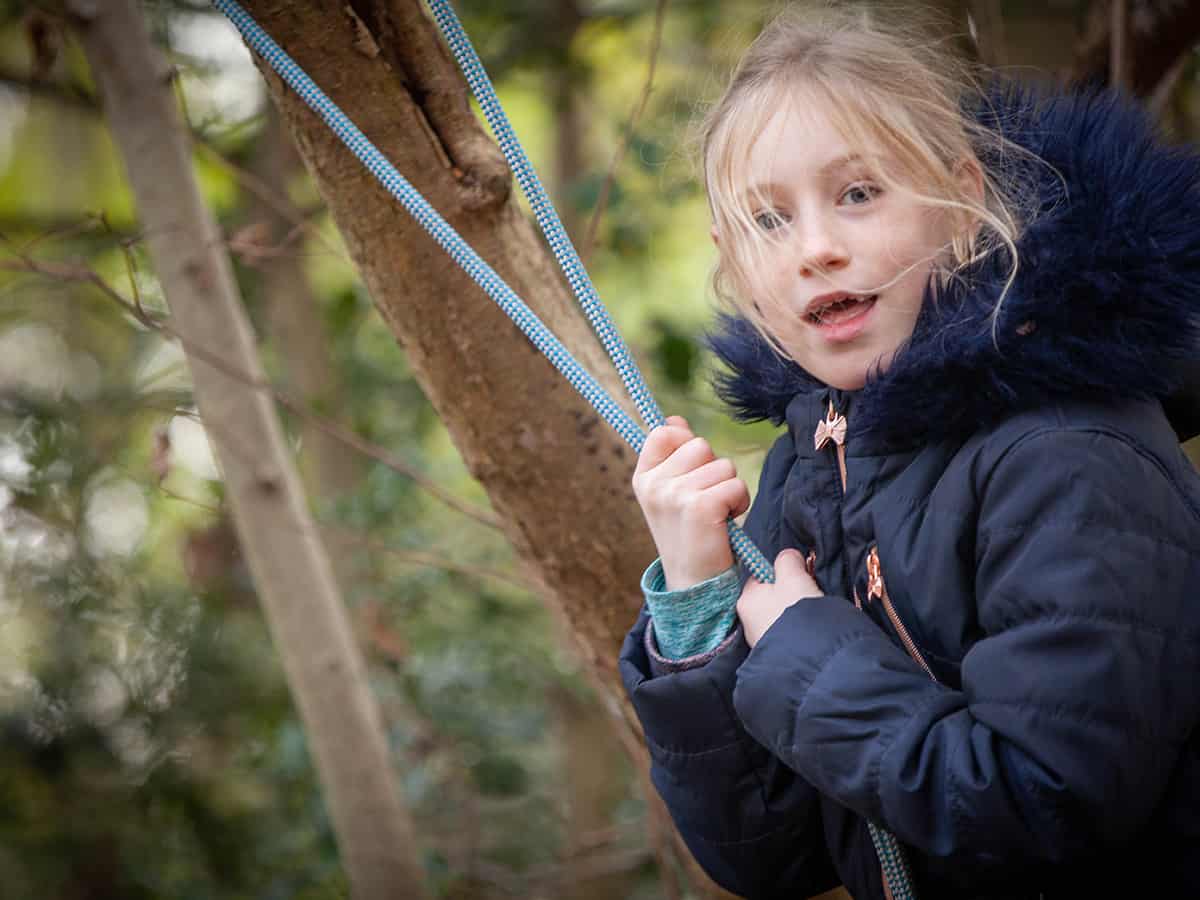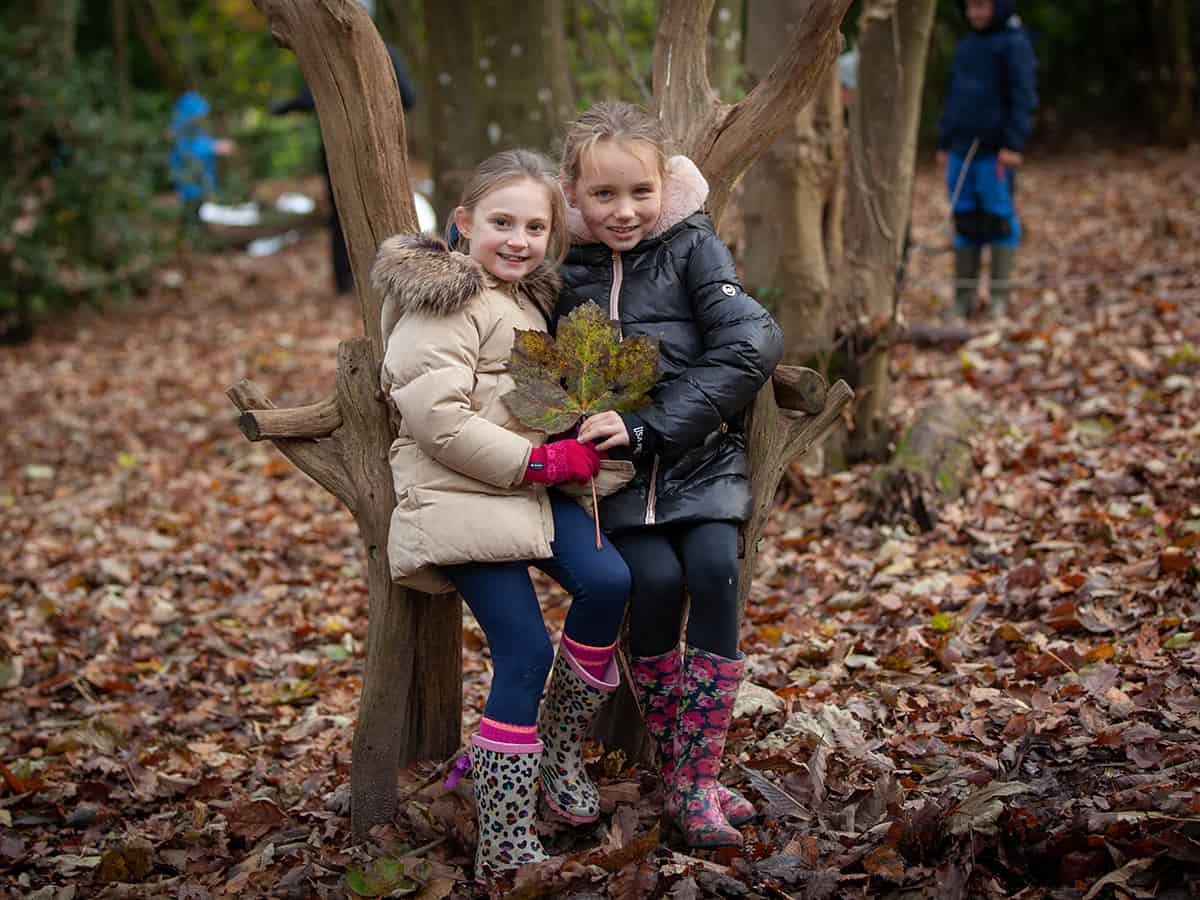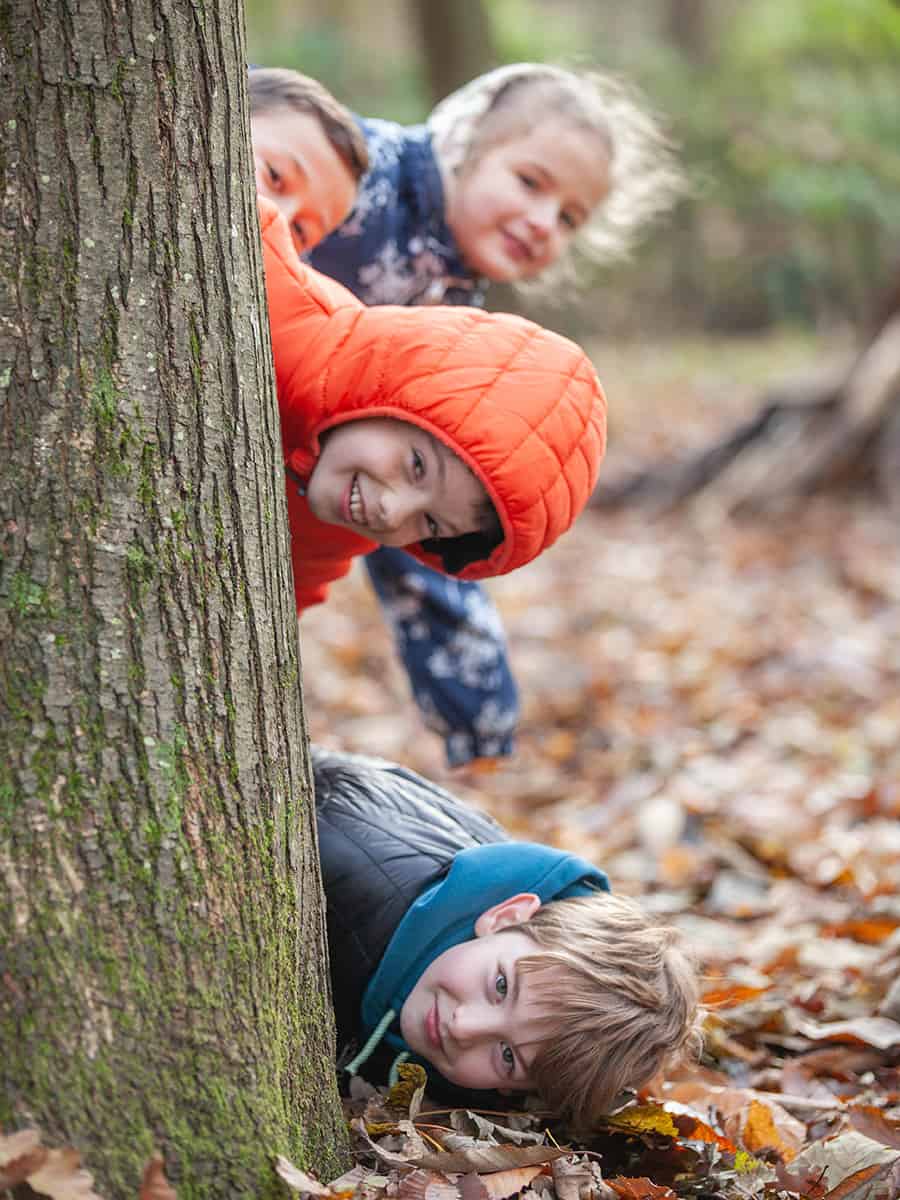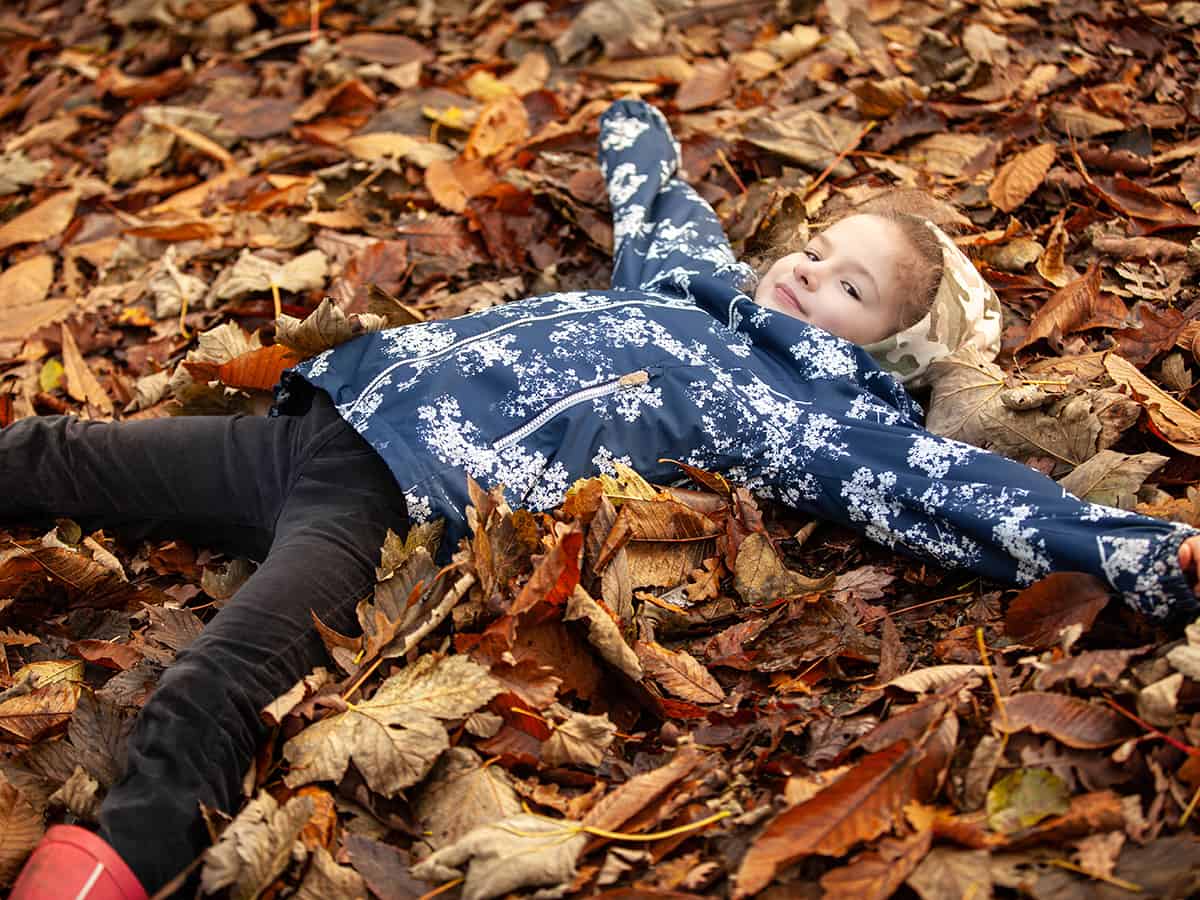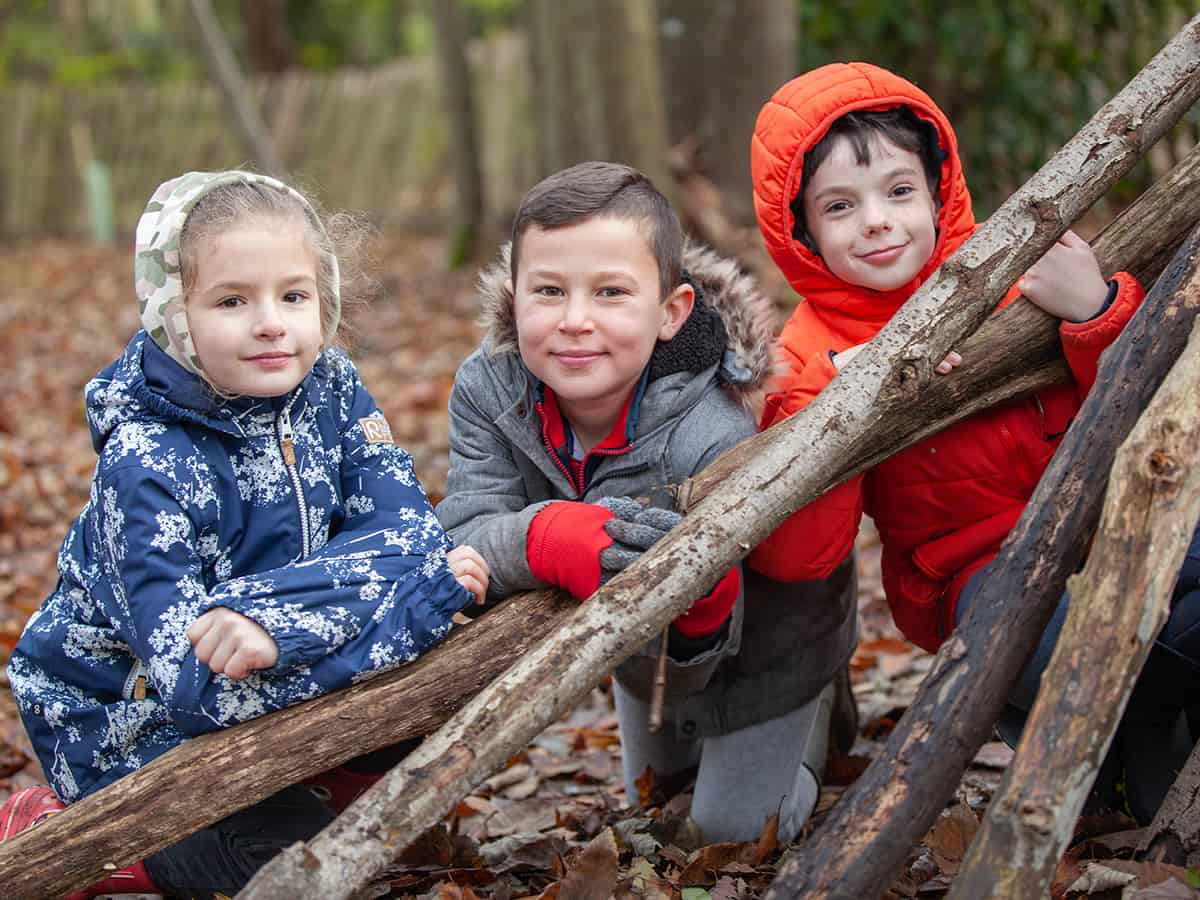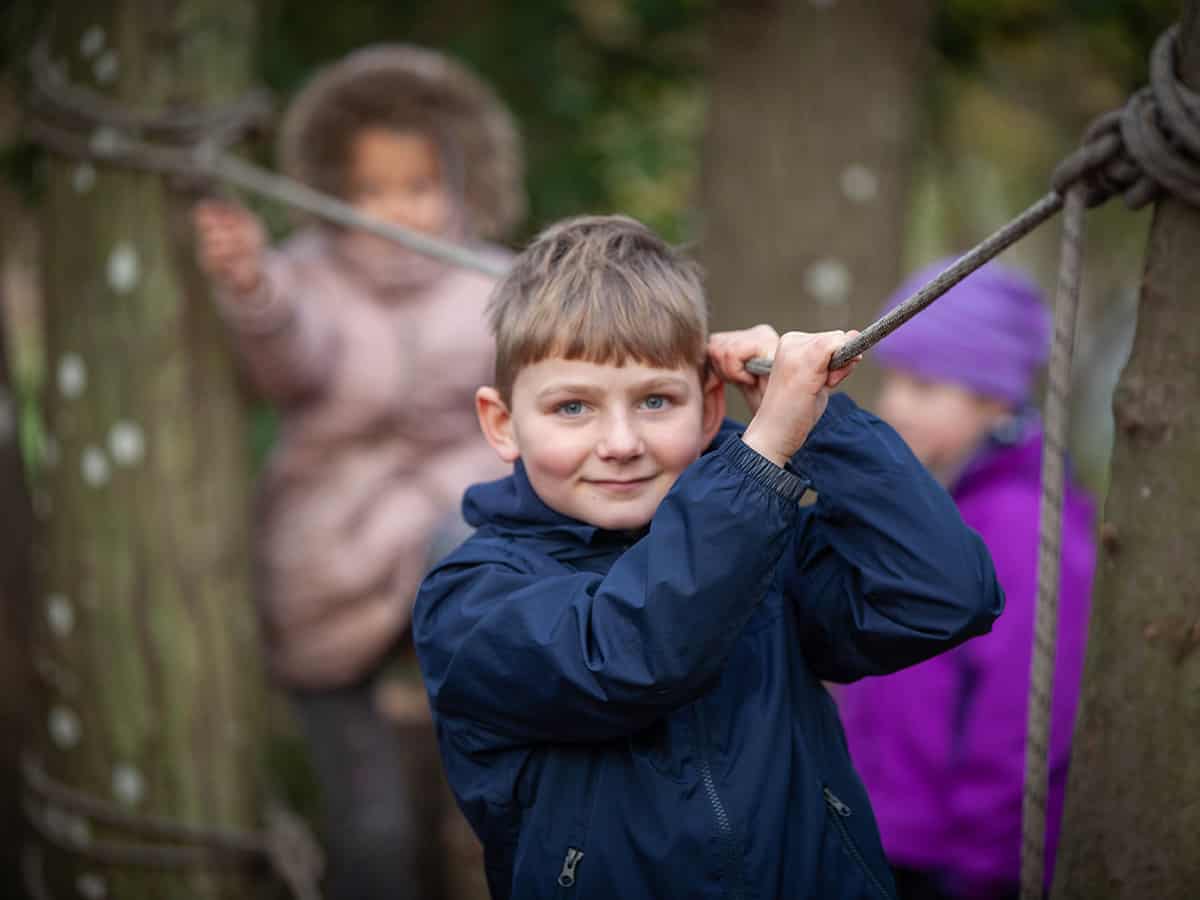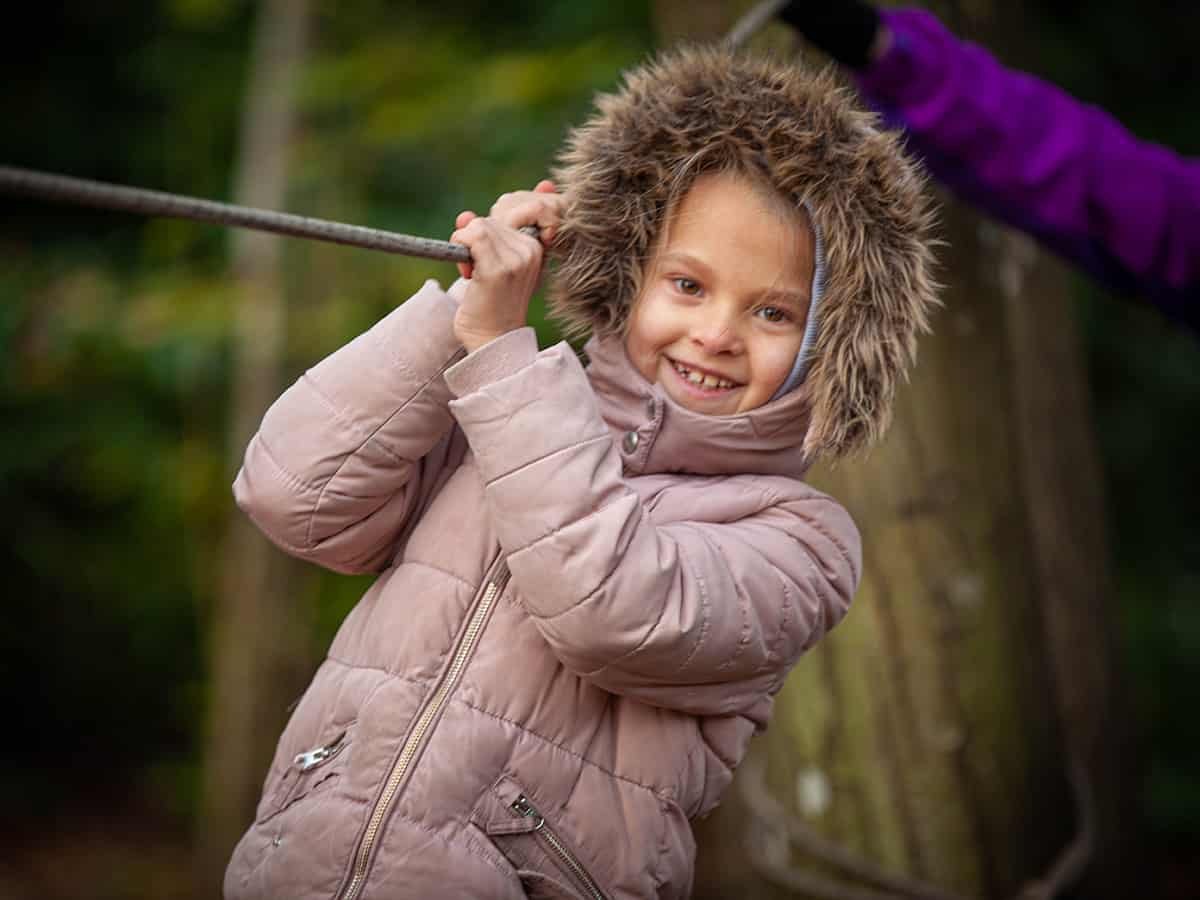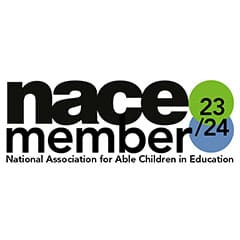CURRICULUM
Introduction
Ightham Primary School is very lucky to have amazing woodland in which our children can learn. We believe there is no such thing as bad weather, merely bad clothing!
Forest School Ethos
Our Forest School offers the opportunity for pupils to experience and learn new skills whilst in an outdoor natural environment. There is a whole child focus ensuring the development of physical, intellectual and social skills. Forest School gives children the opportunity to develop self-confidence and self-esteem through practical activities in the woodland.
Our practical activities may include woodland crafts, tree climbing and den building. We aim to challenge the children to work together to problem solve. The children are taught to use a range of tools safely.
The Benefits of Forest School
1. Feeling empathy for others and nature. Working as a team in a natural setting bonds children as a group. It also makes them aware of the need to care for each other and the environment.
2. Physical fitness. Running around and climbing trees develops muscle strength, aerobic fitness and coordination. A Scottish study found activity levels were 2.2 times higher in a typical Forest School day than during a school day that included PE lessons.
3. Building confidence and independence. Building dens and navigating with a compass are just a couple of the activities that instil children with confidence and a sense of independence.
4. Health benefits. Studies have highlighted a multitude of health benefits to being outside - sunlight and soil microorganisms boost the body's levels of serotonin, the chemical linked to feelings of wellbeing, while vitamin D, which is essential for bone and muscle health, is also provided by the Sun's rays.
5. Improved mental health. Today's children are experiencing increased stress caused by a range of pressures. Mental health professionals acknowledge that maintaining a relationship with nature can be very helpful in supporting children's emotional and mental wellbeing.
6. Learning by experience. Research suggests young children learn best from experience, by using their senses actively rather than passively, and it's via these experiences that learning remains with us into adulthood.
7. Exposure to manageable risk. At Forest School, children can run and make a noise, get their hands dirty and experience manageable risk, which is essential for healthy child development.
8. Better sleep and mood. Children - and adults - sleep more deeply after either playing outside or going for a long walk, and mood lifts just from breathing in a few lungfuls of fresh air.

